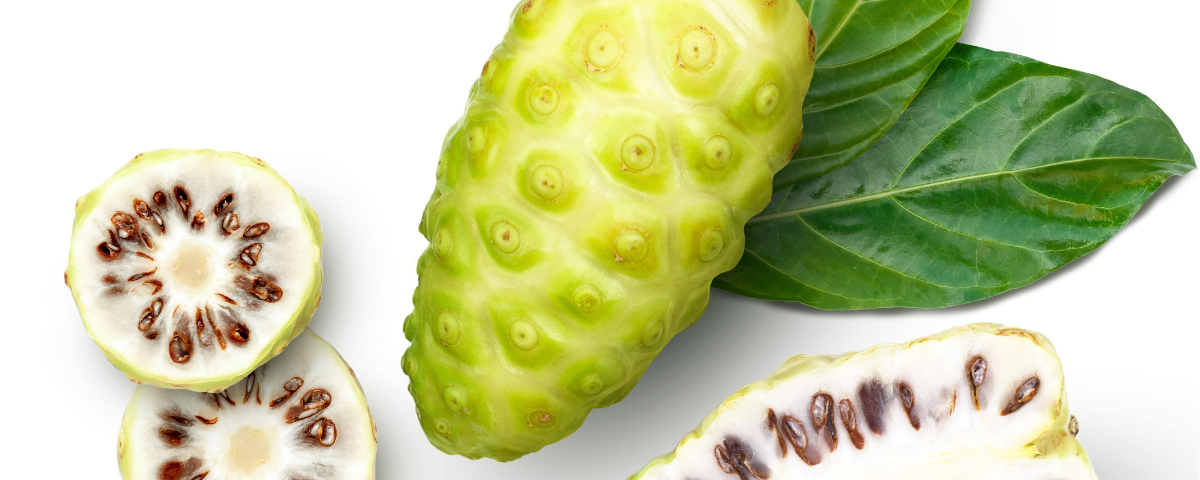Our microbiome is a complex system of millions of microorganisms that has only relatively recently been addressed by cosmetic formulations and skincare products.
As knowledge of the microbiome grows so too does the choice of actives to support a healthy microbiome, and therefore, healthy skin.
This blog will look at some of the more recent active ingredient launches to support a healthy microbiome and the latest cosmetic advances in this sector.
Prebiotics vs probiotics as skincare ingredients
Before we look at the latest launches in microbiome materials, it is important that you understand a little about microbiome cosmetic ingredients. There are two classes:
• Prebiotics: this class of cosmetic material feeds and nurtures beneficial bacteria for the skin. You will normally recognise if a cosmetic ingredient because it will have an INCI name with inulin or ferment. Watch how to formulate a prebiotic skin yoghurt.
• Probiotics: in cosmetics, probiotics are fragments of good bacteria in a suitable carrier solvent for stability purposes. You will normally recognise these cosmetic ingredients with an INCI using the term lysate. Watch how to formulate a probiotic cream for skin renewal.
We can now also find certain actives that have neither a prebiotic or probiotic component, yet influence the microbiome in a positive way.
How microbiome ingredients work in cosmetics
When microbiome ingredients were first launched in cosmetics, the approach was relatively simple: they were either feeding the microbiome to promote growth of the beneficial bacteria (prebiotics); or interacting with receptors on skin cells to stimulate the desired activity within the epidermis (probiotics).
If you are concerned about lysates being fragments of bacteria compared to live cell cultures, it is important to note that while live probiotics are effective in food, lysates have significant clinical efficacy to prove their beneficial results even though they are not technically living. This also helps cosmetic chemists overcome the issues of trying to keep bacteria alive in cosmetic formulas – it is impractical! Since the lysate form of selected bacteria is more than effective to elicit desirable visible results, and is much easier to stabilise long term, it is the chosen form in skincare and hair care formulations.
Finally, there are new classes of active ingredients that impact the microbiome through their action, rather than being a true prebiotic or probiotic.
Innovative microbiome cosmetic ingredient launches
These cosmetic actives have been chosen because of their innovative impact on the microbiome backed by great scientific data.
• Quora Noni (Vytrus Biotech): this very clever cosmetic active uses the stem cells of the Noni fruit to block microbial communication, known as ‘quorum sensing’. Since plants have developed their own defence mechanisms against bad bacteria, it makes sense to harness this activity to use in skincare. This active has a balancing effect on the microbiome, with particular applications for oily, acne prone skin and to help regulate sebum production. It is also ideal to use on the scalp to treat oily scalp and hair as well as dandruff caused by microbiome imbalance.
• Kannabia Sense (Vytrus Biotech): a pre-biotic material that uses cannabis stem cells to stimulate the microbiome of the skin to produce positive neurochemicals that then communicate with the brain and skin. This material is particularly innovative because of its use of stem cells and neurocosmetics and psychodermatology to feed the microbiota to improve the appearance of the skin. One of the great things about this material is there is no CBD so that it doesn’t have regulatory restrictions, yet has clinical evidence to show is wrinkle smoothing and hydrating efficacy to make the skin glow.
• Genencare XL (IFF): this is an exciting ingredient because it is upcycled from the by-products of paper production. It is therefore a sustainable prebiotic that stimulates lactate production by S. epidermis whilst maintaining skin hydration and strengthening the skin barrier.
• WKPep BRP3 (Shenzhen Winkey Technology Co): innovative because it uses peptide technology to balance the microbiome and improve the skins’ physical and immune barrier. A blend of acetyl heptapeptide-4 and acetyl tetrapeptide-2, it has been clinically proven to reduce inflammation and inflammatory ageing, whilst boosting the skin barrier to reduce trans-epidermal water loss for more hydrated and supple skin. It is particularly suited to reduce irritation of sensitive skin types and stimulate skin repair.
We are also seeing control of body odour using microbiome balance for a new range of deodorant products. Actives with deodorant activities by balancing the microbiome of the underarm include Dermosoft Decalact Deo MB (Evonik), usNeo (Lipoid Kosmetik) and Deobiome Noni (Vytrus Biotech).
Suppliers at the front of innovation
Your suppliers are always happy to speak with you about their latest innovations. Ask them about trending microbiome materials incorporating stem cells, peptides, psychodermatology and sustainability as well as body care to make sure you are using the latest innovative ingredients with fantastic product stories beyond the standard pre- and pro-biotic products currently available.
Formulate big results from the tiny organisms living within the microbiome of the skin.
Happy formulating!
Feeling inspired?
Then why not visit one of the in-cosmetics events around the world?

